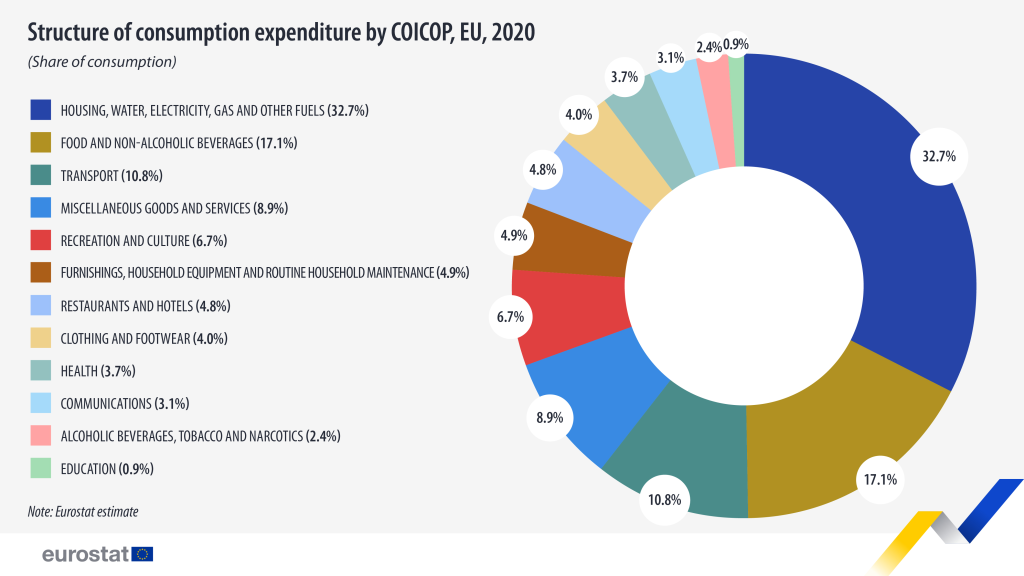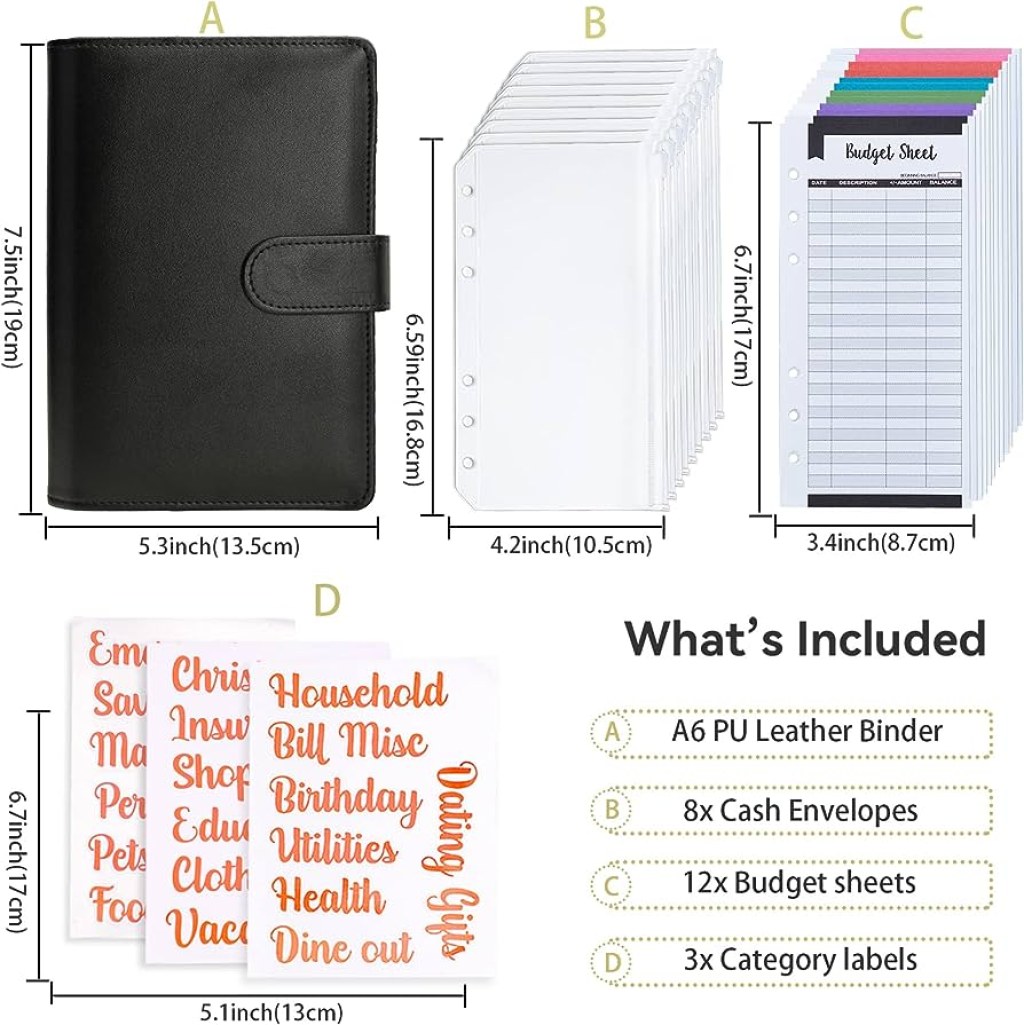6.7 Budgeting for Food
Introduction
Hello Readers,
Welcome to our article on budgeting for food. In today’s fast-paced world, it is essential to have a well-planned budget for all aspects of our lives, including food. Managing our expenses effectively can help us save money, eat healthier, and reduce food waste. In this article, we will discuss the importance of budgeting for food, who can benefit from it, when and where to implement it, why it is necessary, and how to do it successfully. So let’s dive in and learn more about 6.7 budgeting for food!
What is 6.7 Budgeting for Food?

Image Source: media-amazon.com
6.7 budgeting for food refers to the practice of allocating a specific amount of money for our food expenses. It involves planning our meals, making a grocery list, and sticking to our budget when shopping for food. This approach helps us have better control over our spending, make healthier food choices, and avoid unnecessary impulse purchases.
Who can Benefit from 6.7 Budgeting for Food?
Anyone can benefit from budgeting for food. Whether you are a student, a young professional, a family, or a retiree, having a food budget can help you save money and make more conscious decisions about your food purchases. It is especially beneficial for those who want to reduce their overall expenses, eat healthier, or pay off debts.
When and Where to Implement 6.7 Budgeting for Food?
Implementing 6.7 budgeting for food can be done at any time and in any place. It is never too late to start managing your food expenses. Whether you are planning your meals for the week or going grocery shopping, having a budget in mind can help you make informed choices and stay within your financial limits.
Why is 6.7 Budgeting for Food Necessary?

Image Source: europa.eu
Having a budget for food is necessary for several reasons. Firstly, it helps us save money by avoiding unnecessary expenses and reducing food waste. Secondly, it allows us to make healthier food choices by planning our meals in advance and avoiding impulse purchases. Lastly, it provides us with better financial control, allowing us to allocate our resources wisely.
How to Successfully Implement 6.7 Budgeting for Food?
Implementing 6.7 budgeting for food successfully requires a few key steps. Firstly, assess your current spending habits and set a realistic budget that suits your financial situation. Secondly, plan your meals in advance, considering your budget and nutritional needs. Thirdly, make a grocery list and stick to it when shopping. Lastly, track your expenses and make adjustments as needed to stay within your budget.
Advantages and Disadvantages of 6.7 Budgeting for Food
Advantages of 6.7 Budgeting for Food

Image Source: media-amazon.com
1. Financial Savings: Budgeting for food can help you save money by avoiding unnecessary expenses and impulse purchases.
2. Healthier Eating Habits: Planning your meals in advance allows you to make healthier food choices and avoid relying on fast food or processed meals.
3. Reduced Food Waste: By planning your meals and grocery shopping, you can reduce food waste and make the most out of the ingredients you have.
4. Better Financial Control: Having a food budget provides you with better control over your finances and helps you allocate your resources wisely.
5. Reduced Stress: Knowing that you have a well-planned budget for your food expenses can reduce financial stress and provide peace of mind.
Disadvantages of 6.7 Budgeting for Food
1. Restrictive Choices: Following a strict food budget may limit your choices and prevent you from trying new foods or dining out occasionally.
2. Requires Discipline: Successfully implementing a food budget requires discipline and self-control to stick to your planned expenses.
3. Time-Consuming: Planning meals, creating grocery lists, and tracking expenses can be time-consuming, especially when starting.
4. Unexpected Expenses: Despite careful planning, unexpected expenses may arise, causing you to exceed your food budget.
5. Lack of Flexibility: A rigid food budget may not account for fluctuations in food prices or changes in your dietary needs, requiring adjustments along the way.
FAQs about 6.7 Budgeting for Food
1. Can budgeting for food help me save money?
Yes, budgeting for food can help you save money by avoiding unnecessary expenses and impulse purchases.
2. Is budgeting for food only for people on a tight budget?
No, budgeting for food is beneficial for everyone, regardless of their financial situation. It helps you make conscious choices and stay within your means.
3. How often should I review my food budget?
It is recommended to review your food budget regularly, such as monthly or quarterly, to ensure it aligns with your current financial situation and needs.
4. Can I still enjoy dining out while budgeting for food?
Yes, you can still enjoy dining out while budgeting for food. Allocate a portion of your budget for occasional dining out or plan for it in advance.
5. What if I exceed my food budget for the month?
If you exceed your food budget for the month, review your expenses, identify areas where you can cut back, and adjust your budget accordingly for the following month.
Conclusion
In conclusion, budgeting for food is a practical and beneficial approach for managing our expenses and making conscious food choices. It helps us save money, eat healthier, and reduce food waste. By implementing the steps mentioned earlier and being mindful of our spending, we can enjoy the advantages of budgeting for food while adapting to our changing needs and circumstances. Start budgeting for your food today and witness the positive impact it can have on your financial and nutritional well-being.
Final Remarks
Friends, budgeting for food is a valuable practice that can have a positive impact on our lives. However, it is important to remember that everyone’s financial situation and dietary needs are unique. The information provided in this article serves as a general guide, and it is essential to tailor your food budget to your specific circumstances. Seek professional advice if needed, and remember that budgeting for food is a tool to support your financial and nutritional goals. Happy budgeting!